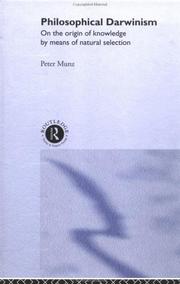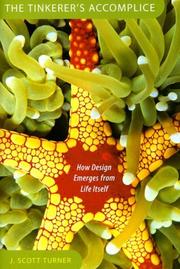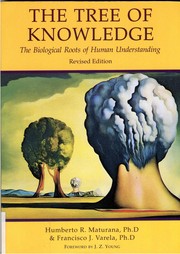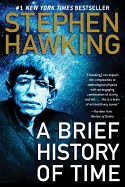Philosophical Darwinism: On the Origin of Knowledge by Means of Natural Selection by Peter Munz - ISBN 0415086027 - Routledge 1993
note that this was finished much earlier but without recall, recall starts a month before the current date to already start with very spaced recalls
Motivation
Quote from Cziko's WithoutMiracles regarding a fish being a model of its environment (cf its references).
Pre-reading model
Draw a schema (using PmGraphViz or another solution) of the situation of the area in the studied domain before having read the book.
Reading
- introduction
- distinction between knowledge and science and their respective roles, without having to use certainty as a distinction
- science having to be public
- knowledge potentially private
- role of knowledge in social evolution
- dividing in groups in order to have social stability
- even if having to use "false knowledge"
- emergence of dogma in order to insure that bounds will not be questionned
- cell as a start for cognition
- membrane as a selector of information by filtering what is good or not
- a failure to do so resulting directly in death thus selection
- no reference to Varela or Stewart with Life=Cognition (paper, short ppt)
- study of the adaptive advantage of consciousness
- despite the delay it causes
- the difficulty to study it as an imprecisely defined concept
- moving from two-dimensional language
- entirely descriptive and based solely on agents communication
- to three-dimensional language
- allowing the manipulation of non-existing objects
- not being a mere extension but providing radically new affordances
- with the high "price" of postponing action
- "The most important aspect of having a three-dimensional language is that it enables the organism to go beyond the information given." p23
- consequently allowing the process of finding mistakes to gain further information
- main thesis in part IV
- page 154, chapter V of part 4 - The Nature of the Mirror :
- "Each organism is a theory about its environment."
- regarding the concept of mirror see Konrad Lorenz's BehindTheMirror
- quoted several times in the book
- the hypercycle from part V.II
See also
Overall remarks and questions
One consequence of Munz's theory is that everybody (mathematicians, computer scientists, etc) building and converting models into tools, is making human beings embodying those models functionally useless in our society.
- today it already is fundamental to be able to select the correct mathematical model and the relevant algorithmic model
- it augment the ROI of software based on the resources need by the hardware but also the complexity of maintenance thus the cost of the overall structure
- but also in the past, the ability to select the right model embodied by another human
- by choosing the right person to cooperate with or delegate to the correct person, the ability to hire the correct person... thus selecting the adapted model!
Synthesis
So in the end, it was about X and was based on Y.
Critics
Point A, B and C are debatable because of e, f and j.
Vocabulary
(:new_vocabulary_start:)
inchoate
to bestow
ado
slapdash
modicum
sensum
to surmise
innocuous
an adze
stultifying
to bandy
adroit
innuendoes
mendacious
to wend
(:new_vocabulary_end:)
Post-reading model
Draw a schema (using PmGraphViz or another solution) of the situation of the area in the studied domain after having read the book. Link it to the pre-reading model and align the two to help easy comparison.
Categories
Back to the Menu
Other read books linking to the PhilosophicalDarwinism page :
Back to the Menu
 Fabien Benetou's PIM
Fabien Benetou's PIM










